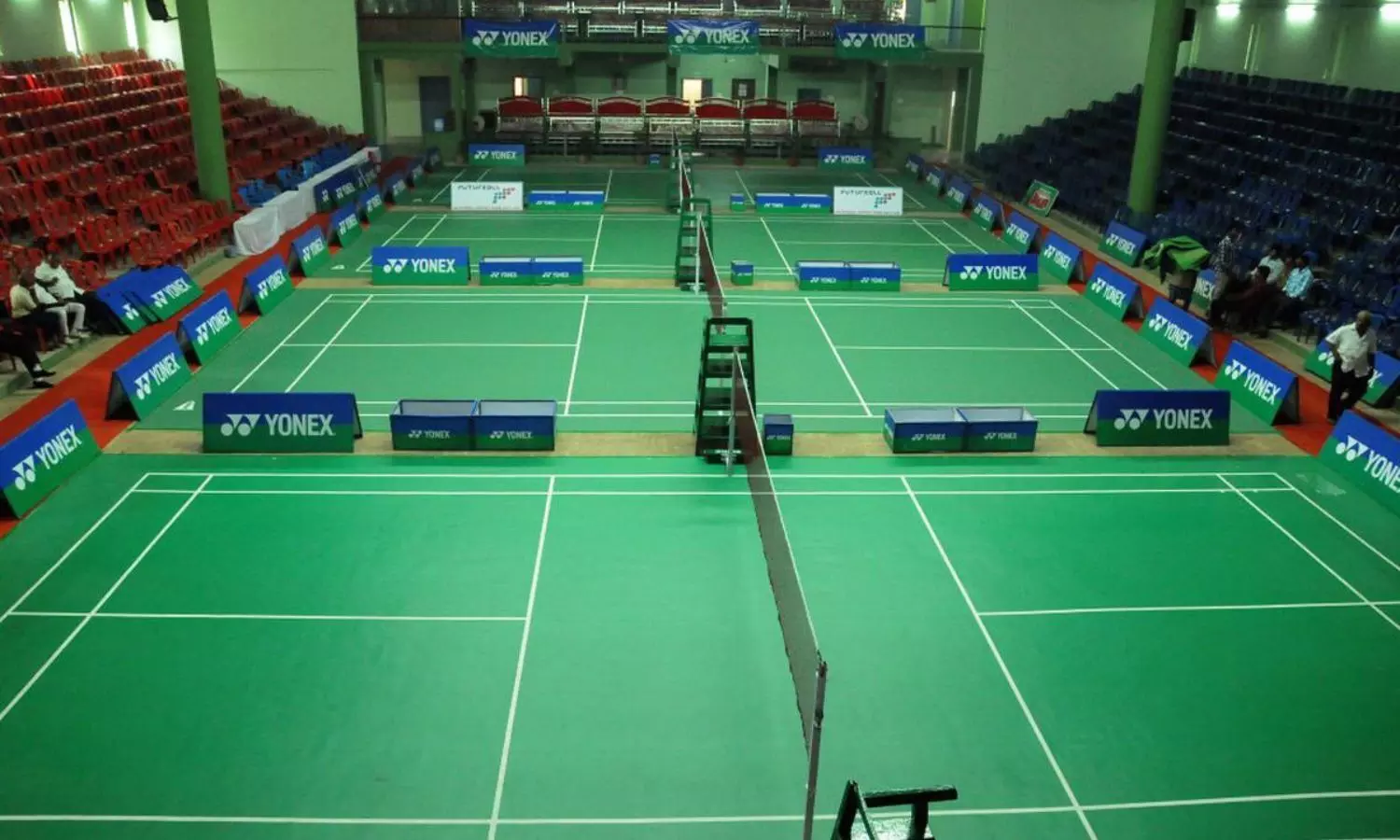Badminton
Guwahati's World Junior Badminton C'ships to see 3x15 scoring format
Assam's National Centre of Excellence will host the event from October 6-19 this year.

The experimental system will be tested as part of the BWF's comprehensive modernization initiative aimed at enhancing spectator engagement and global appeal. (Representative image)
The Badminton World Federation (BWF) is preparing to trial the groundbreaking format changes in scoring at the upcoming World Junior Championships in Guwahati this October this year.
Two experimental systems—a revolutionary team relay format and an innovative 3x15 scoring structure—will be tested as part of the BWF's comprehensive modernization initiative aimed at enhancing spectator engagement and global appeal.
The tournament, hosted at Assam's National Centre of Excellence, represents a collaboration between the BWF and the Badminton Association of India (BAI) to push the boundaries of traditional badminton competition.
With team events scheduled for October 6-11 and individual competitions running October 13-19, Guwahati will serve as the testing ground for potentially game-changing innovations.
Here's a detailed breakdown of the two major format experiments coming to the World Junior Championships:
1. Team Relay Format: The 45-point cumulative system
The mixed team competition will introduce a new relay format that transforms how team badminton is played and scored. Instead of traditional match-by-match scoring, teams will compete in a cumulative points system across three sets, each targeting 45 points.
Each set features all five badminton disciplines: men's singles, women's singles, men's doubles, women's doubles, and mixed doubles. The innovative twist lies in the scoring mechanics—individual matches within each set are won at nine points, but the overall score carries forward cumulatively until one team reaches the 45-point threshold.
This creates a dynamic where early leads can be maintained or dramatically overturned as play progresses through different disciplines within the same set. Teams must win two out of three sets to claim victory, but the cumulative nature means strategic decisions about player deployment become crucial throughout each set.
The format builds upon initial trials conducted at the 2024 BWF World Junior Mixed Team Championships in China, where positive feedback from players and officials provided valuable insights for refinement. The Guwahati version represents an evolved iteration based on lessons learned from that pioneering experiment.
2. The 3x15 Individual Format: Faster, more intense competition
Individual events will test the 3x15 scoring system, a significant departure from badminton's current format that promises to reshape match dynamics entirely.
This system reduces points per game while increasing the total number of games, creating what the BWF describes as a better balance between per-point excitement and overall match duration.
The BWF's rationale centers on mathematical probability and viewer engagement. With fewer points required per game, each individual point carries greater weight and significance, theoretically increasing tension and excitement throughout matches.
Simultaneously, the format aims to create shorter individual matches while maintaining competitive integrity.
According to BWF analysis, the 3x15 system delivers multiple benefits: improved scheduling flexibility for tournaments, enhanced fan engagement through more decisive moments, and reduced physical strain on players that could extend career longevity.
The format has already undergone preliminary testing at junior tournaments, including the National Under-18 Championships in Perak this past April.
Strategic implementation and future impact
Both experimental formats received formal approval from the BWF Council during the Annual General Meeting in Xiamen, China, this April, marking them as official trials rather than informal experiments.
The BWF is treating Guwahati as a comprehensive data-gathering exercise, with stakeholder surveys and detailed match analysis planned to inform future policy decisions.
Preparation for these format changes includes virtual workshops for team managers and coaches, ensuring all participants understand the new regulations and operational procedures before competition begins. This educational component demonstrates the BWF's commitment to fair implementation of potentially confusing rule changes.
The choice of Guwahati holds additional significance for Indian badminton. While India last hosted the World Junior Championships in Pune in 2008, the country has successfully staged major BWF events including the 2009 World Championships in Hyderabad and the 2014 Thomas and Uber Cup Finals in New Delhi, establishing a track record for managing high-profile international tournaments.

